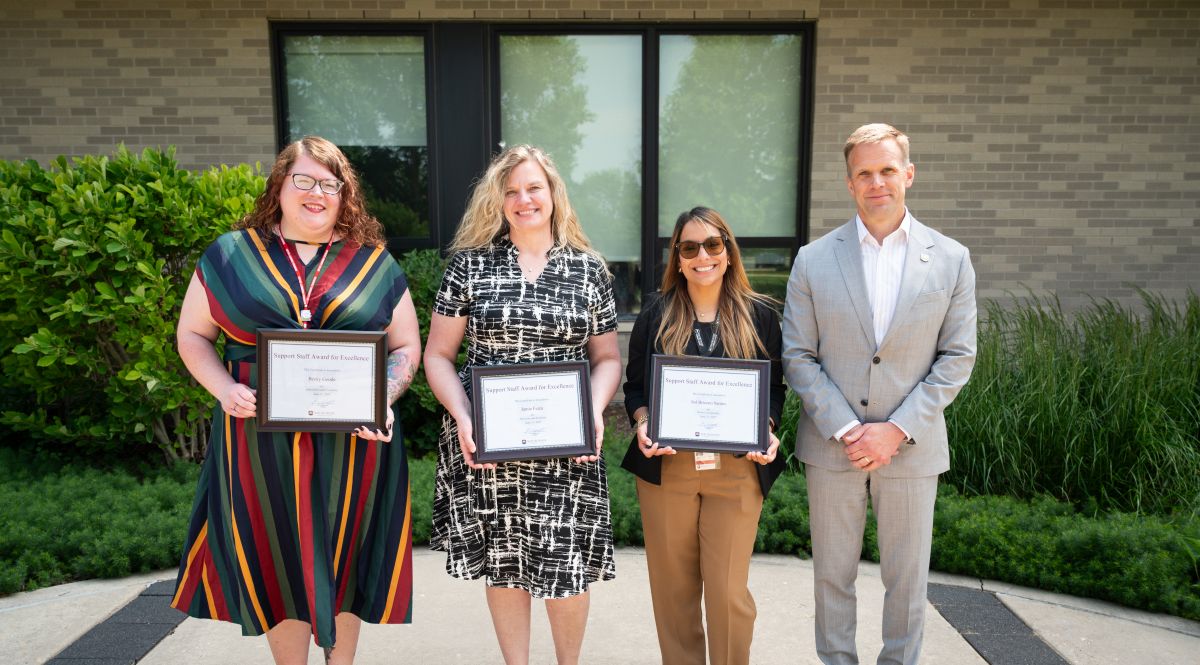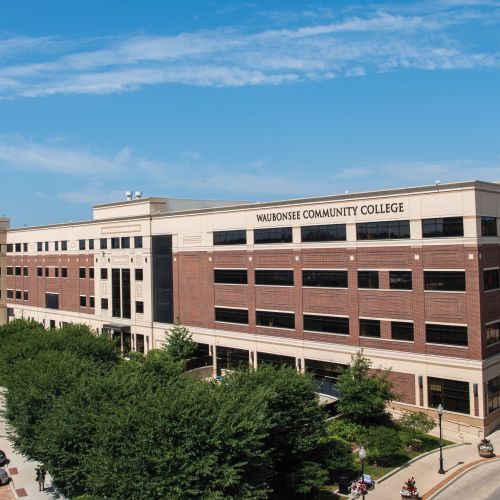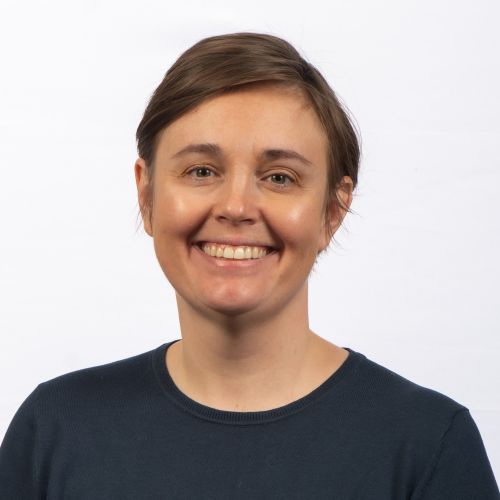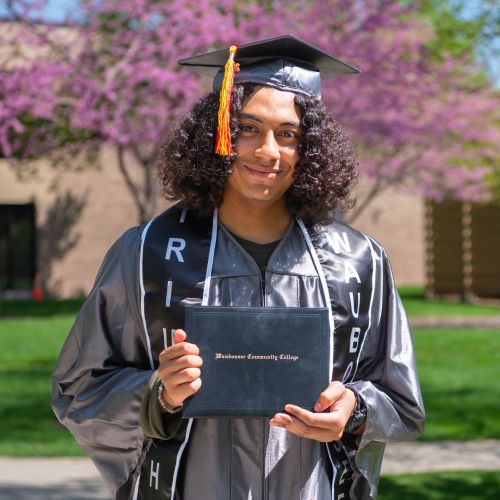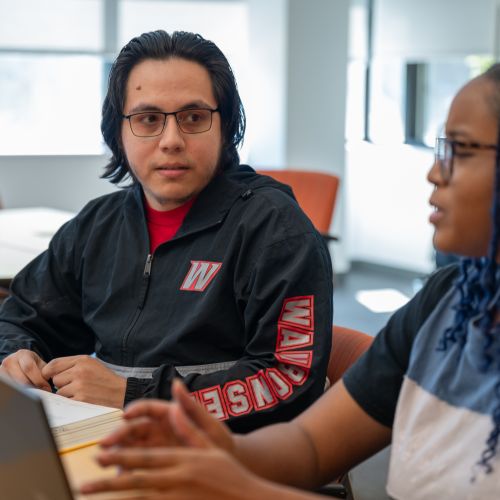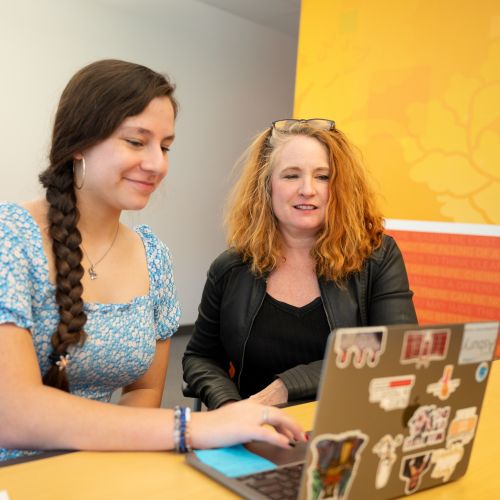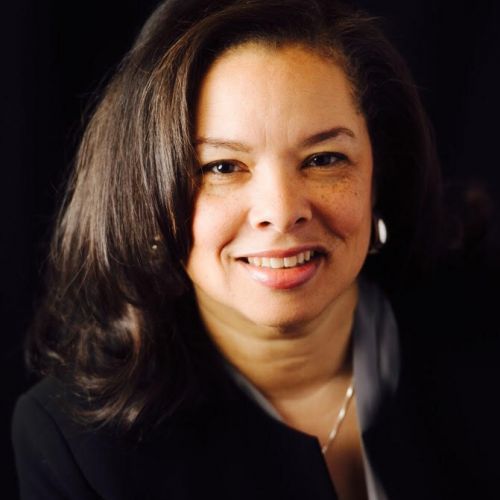Waubonsee Announces 2025 Support Staff Award Winners
Publish Date
• 1 min read
Waubonsee Community College has announced the 2025 Support Staff Awards for Excellence. Awards were presented in each of three categories: Service and Quality, Innovation and Creativity, and Diversity and Inclusion.
›

